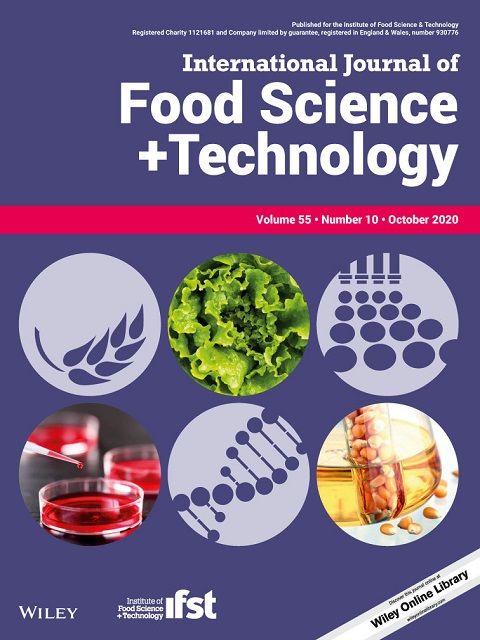Using quantitative, qualitative and sensorial data collected from western (Kabale) and central (Rakai) Uganda, this paper identifies and describes gender‐responsive traits preferred in varieties for the boiled potato market. These traits are aggregated into a product profile to support breeding programme design and decision‐making that will increase probability of variety acceptance. An interdisciplinary and participatory methodology was used to collect data on socio‐economic on trait preferences, processing and organoleptics and finally, to develop a lexicon through a sensorial panel. Characteristics that were important to both men and women, such as red skin and yellow flesh, are linked to market preferences. Women‐only preferred characteristics such as big size and mealiness are linked to processing efficiency and eating quality. Besides agronomic traits, breeders must consider factors such as gender roles, social norms, and market preferences traits that guide farmers and other food chain actors in their selection of new varieties.
Prioritizing quality traits for gender‐responsive breeding for boiled potato in Uganda
Citation: Mudege, N.N.; Mayanja, S.; Nyaga, J.; Nakitto, M.; Tinyiro, S.E.; Magala, D.B.; Achora, J.C.; Kisakye, S.; Bamwirire, D.; Mendes, T.; Muzhingi, T. (2020). Prioritizing quality traits for gender‐responsive breeding for boiled potato in Uganda. International Journal of Food Science and Technology. ISSN 1365-2621. Published Online 09Oct2020.
2020-10-13
BREEDING, GENDER, POTATO AGRI-FOOD SYSTEMS, POTATOES
Africa, Eastern Africa
Uganda
journal_article

